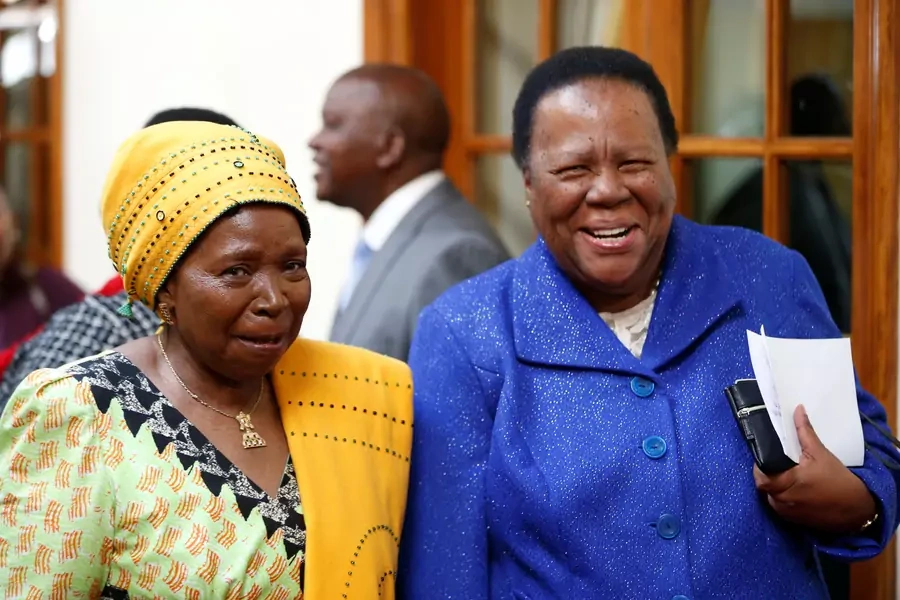Five Questions on Gender Equality in Foreign Policy: Dr. Toni Haastrup

This blog post is part of the Women and Foreign Policy program’s interview series on Gender Equality in Foreign Policy, reflecting on initiatives to promote gender equality in the defense, development, and diplomatic sectors. This interview is with Dr. Toni Haastrup, senior lecturer in international politics at the University of Stirling and author of a recent article “Gendering South Africa's Foreign Policy: Toward a Feminist Approach?”
Canada, France, Mexico, and Sweden have adopted feminist foreign policies, and several other countries have pledged to do so. Short of explicitly “feminist” foreign policies, numerous countries are implementing policies that put gender equality at the heart of their foreign policy mandates. What are some examples you would point to in Africa?
There are a few countries that are rhetorically including gender equality as a core of their international representation, in other words foreign policy articulation. These include South Africa, Ethiopia, and to an extent Rwanda. Here I am speaking about officials. At the same time, foreign policy analysis contends that foreign policy should connect the internal with the external and conditions within those countries whatever their aspirations may be have significant gaps to be able to promote gender equality. Moreover, 'feminist' must go beyond gender equality to be transformative of systems - I don't believe any country in Africa is at the point of wanting to upend the status quo in this way.
How were those policies developed?
More on:
Policies to promote gender concerns in foreign policy often a combination of pressure from women's groups for change internally, and the desire to either move with international trends or for an administration to carve out a space for itself and gain recognition in the world. For context, there haven't been a lot of countries in Africa who are necessarily going down this route. But to take the three examples I mentioned earlier - in South Africa, women's groups and feminist organizations have been calling for more attention to women’s experiences within South Africa.
Have they been successfully implemented?
The government has not been successful, and frankly at various times very disappointing, especially around gender based violence but also with regards to livelihoods. South Africa however, with a UN Security Council seat used the opportunity to promote the Women, Peace and Security agenda and it has done despite the gaps at home. It places South Africa on the same level as others who have done the same like Germany or Sweden or the UK. Focusing on women was part of the transformational change.
At a regional level, how has the African Union (AU) integrated gender in its work?
Gender equality and women's empowerment is a cross cutting goal of Agenda 2063. It is also part of the commitment to the SDGs. The AU has mechanisms that are supposed to promote this, including the Women, Gender and Development Directorate as well as the Office for the Special Envoy for Women, Peace and Security. Both of these work to improve women's lives and change the gendered nature of the AU institution. Some successes include the development of a Women's Mediator Network, FemWise Africa, and the African Women's Leadership Network (AWLN), including national chapters. FemWise trains African women as political actors in conflict prevention and mediation from across the content, providing an avenue for women to be a part of peacebuilding. The structure of the AWLN allows for the possibility of diffusing AU processes to member states and those who this drive would benefit. However, by and large it is still confined to the organization and more is needed to ensure the works of these mechanisms impact on ordinary women's lives.
What could the feminist foreign policies of Canada, Mexico, and Sweden offer to African feminists?
In the sense that these other countries have the experience of integrating some feminist concerns into foreign policy there can be learning. However, the policy frameworks already exist in Africa so much of what African feminists need is solidarity more than anything else.
More on:
 Online Store
Online Store
